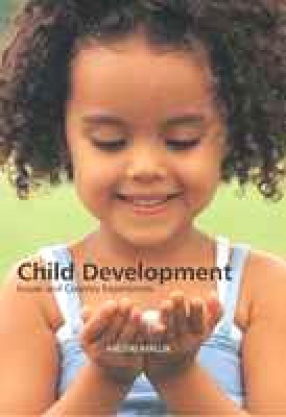Child development refers to the biological and psychological changes that occur in human beings between birth and the end of adolescence, as the individual progresses from dependency to increasing autonomy. Developmental change may occur as a result of genetically-controlled processes known as maturation, or as a result of environmental factors and learning, but most commonly it involves an interaction between the two. One of the most relevant aspects in the socio-economic progress in the developing countries is the development of children. Children are the future resource of a country and thus its supreme assets. The optimal development of children is considered viral to society and so it is important to understand their social, cognitive, emotional and educational development.
The early development of cognitive skills, emotional well-being, social competence, and sound physical and mental health builds a strong foundation for success well into the adult years. Beyond their short term importance for positive school achievement, these abilities are critical prerequisites for economic productivity and responsible citizenship throughout life. All aspects of adult human capital, from workforce skills to cooperative and lawful behavior are build on capacities which are developed during childhood, beginning at birth.
This book begins with an overview of child development. The focus of the book is to explore the idea of child development in terms of the various components of child development, namely nutrition, health, education etc., and to evaluate the progress of child development in the developing world.






There are no reviews yet.